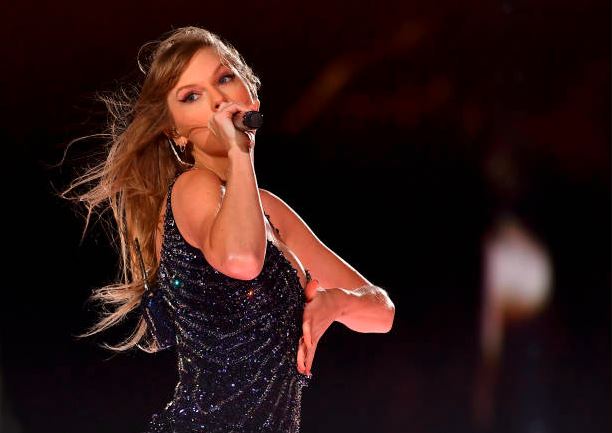Legal Grooves: Professors Infuse Pop Icons Taylor Swift and Rick Ross into Law School
A South Dakota law professor is changing the tune of legal education by bringing Taylor Swift into the classroom. Sean Kammer, a self-described “Swiftie,” is using the cultural icon to engage students in his legal writing course, exploring how music and art can reshape legal language and arguments.
The unexpected popularity of the class highlights a broader trend among law professors nationwide who are incorporating popular culture and celebritydom to captivate and contextualize complex legal concepts for a new generation of students.
At the University of South Dakota Knudson School of Law, Kammer’s Swift-themed class quickly filled up, surprising even the professor himself. The success of these unconventional courses suggests that students are eager for innovative approaches that make learning more enjoyable and relatable.
Georgia State University College of Law takes a similar approach with its course on Rick Ross. Moraima “Mo” Ivory, the director of the school’s entertainment, sports, and media law program, invites guest speakers, including the celebrities themselves, to provide real-world insights into the legal intricacies of the entertainment industry.
Ivory believes this hands-on approach turns the theoretical principles of law into tangible experiences, fostering a deeper understanding among students.
Luke Padia, a third-year law student, expresses how these courses make legal concepts feel more tangible compared to traditional methods. The practical insights shared by professionals in the field offer a unique perspective that goes beyond textbooks and case law.
Legal Ed’s Pop Culture Wave, Taylor Swift to Succession

This trend extends beyond music to television, as seen in the University of Virginia’s corporate law course inspired by the TV show Succession. Cathy Hwang, a co-teacher of the course, recognizes the importance of adapting teaching styles to meet the evolving learning preferences of students raised in a world shaped by technology and pop culture. The incorporation of pop culture not only makes the material more accessible but also fosters a love of learning.
In courses analyzing race and gender, attention on A-list celebrities has been a long-standing phenomenon. Kinitra Brooks, an English professor at Michigan State University, highlights the growing respect for female artists and artists of color, emphasizing the immediacy and relatability of pop culture material in encouraging student participation and critical thinking.
As law professors continue to experiment with unconventional teaching methods, it’s clear that incorporating pop culture into legal education not only makes the subject matter more engaging but also enhances students’ understanding of complex legal principles.
The success of these courses suggests that legal education can benefit from a blend of tradition and innovation, meeting students where they are in their cultural and technological landscape.


Comments are closed.